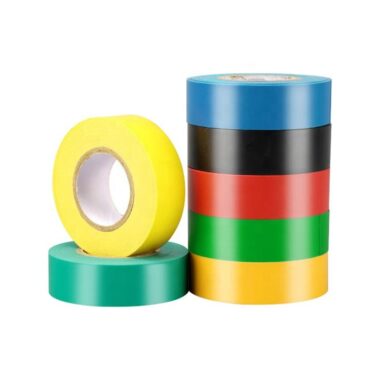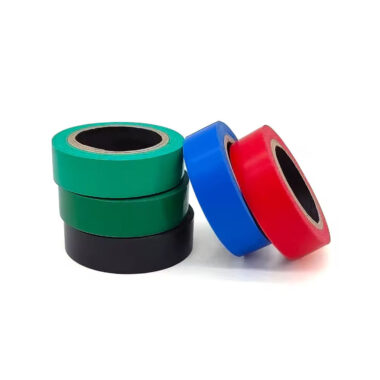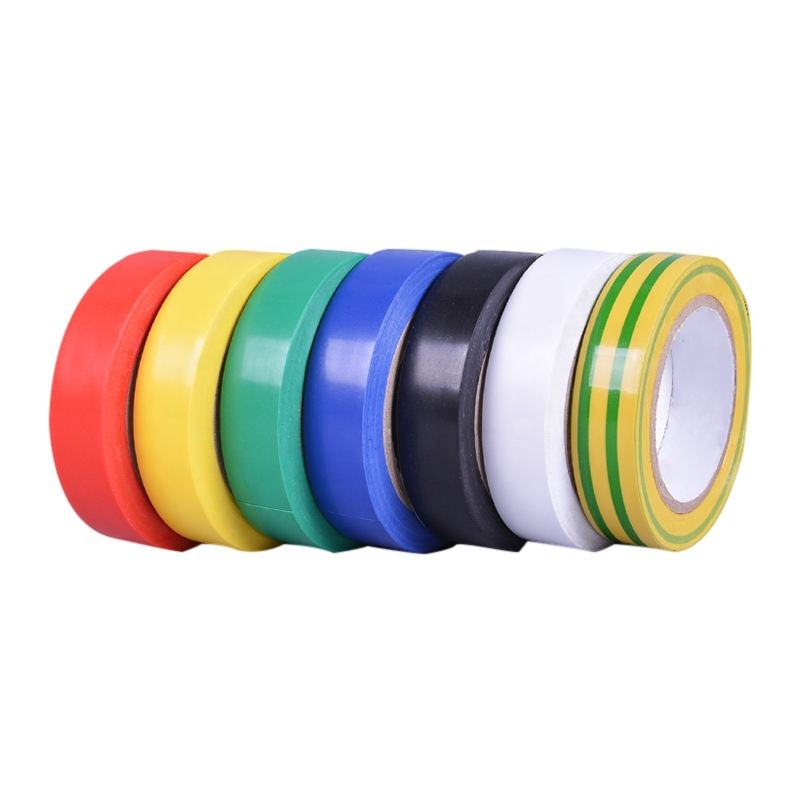Why Dielectric Ratings Matter
When it comes to electrical insulation, tape is often the first line of defense. PVC electrical tape is widely used across industries—from residential wiring to heavy industrial installations. But many buyers overlook the technical specifications, especially dielectric ratings. These ratings are not just numbers on a datasheet; they determine whether the tape can safely prevent current leakage, arcing, or even electrical fires.
What Is Dielectric Strength?
Dielectric strength is the measure of a material’s ability to resist electrical breakdown under high voltage. In simpler terms, it tells you how much voltage the tape can withstand before electricity “punches through” the insulation.
-
⚡ Measured in Volts per Micron or kV/mm
-
📏 Depends on Thickness – Thicker tapes provide higher resistance
-
🔒 Critical for Safety – Ensures wires remain insulated under stress
For procurement teams, working with trusted <a href=”https://www.tape-manufacturers.com/electric-pvc-tape/”>PVC Tape Manufacturers</a> ensures access to tapes tested under international standards such as UL and IEC.
Standard Dielectric Ratings of PVC Electrical Tape
While ratings vary by supplier and product line, most high-quality PVC tapes fall within these ranges:
-
🔌 600V Rating – Standard for household and light industrial applications
-
⚙️ 1,000V+ Rating – Suitable for heavy-duty or industrial installations
-
🌡 Temperature Resistance – Typically ranges from -10°C to 80°C, with premium grades handling higher heat
Understanding these ratings helps distributors match products with the correct end-user applications, reducing liability risks.
Misconceptions About Electrical Tape Ratings
Many buyers assume that all black electrical tapes are the same. This is a costly mistake.
-
❌ Myth 1: All PVC tapes can handle high voltage
-
✅ Reality: Only tapes tested and certified for dielectric performance can guarantee safety
-
❌ Myth 2: Thicker tape always means better insulation
-
✅ Reality: Adhesive quality and material formulation are equally important
That’s why sourcing directly from professional <a href=”https://www.tape-manufacturers.com/”>Tape Manufacturers</a> is critical to ensuring product reliability.
Applications of PVC Electrical Tape with Proper Ratings
-
🏠 Residential Wiring – Wrapping splices and securing cable ends
-
🏭 Industrial Machinery – Protecting against vibration, heat, and voltage spikes
-
🚛 Automotive & Transport – Insulating harnesses in vehicles and heavy equipment
-
🔧 Maintenance & Repair – Quick fixes in field operations where certified safety is crucial
Key Factors for Buyers to Consider
When evaluating suppliers and dielectric ratings, procurement teams should look into:
-
Certifications – UL, CE, or IEC compliance
-
Adhesive Quality – Strong adhesion even in humid or oily conditions
-
Flame Retardancy – Added safety in industrial environments
-
MOQ Flexibility – Important for both wholesalers and OEM buyers
Conclusion
Dielectric ratings are more than technical jargon—they are the foundation of electrical safety. For distributors and importers, understanding these ratings ensures the right product is sourced for the right application. By partnering with reliable PVC Tape Manufacturers and established Tape Manufacturers, businesses can guarantee both performance and safety, while also securing competitive advantages in the market.



















